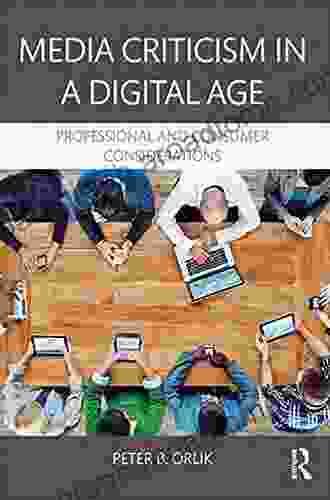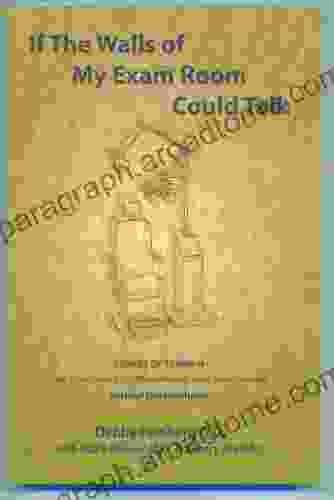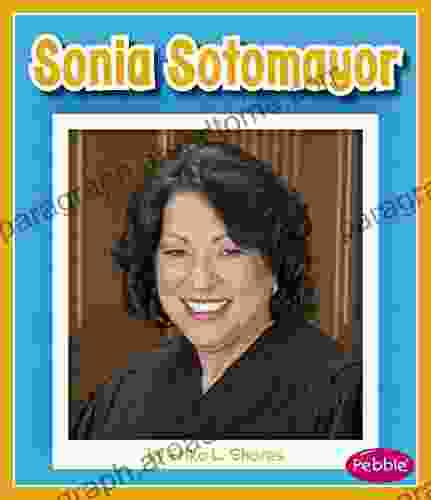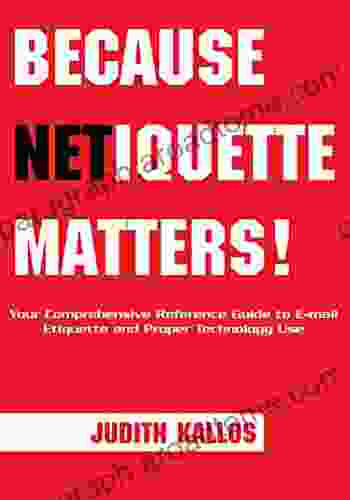Media Criticism in the Digital Age: Navigating the Labyrinth of Information and Influence

In the torrential cascade of information that characterizes the digital age, media criticism has ascended as an indispensable beacon guiding us through the labyrinth of content. It empowers us to discern the veracity, bias, and persuasive techniques employed by media outlets, enabling us to make informed decisions as consumers of information.
The Evolution of Media: From Print to Digital
Media criticism has evolved alongside the transformative shifts in media technology. From the ink-stained pages of newspapers to the ephemeral pixels of social media, the proliferation of platforms has both expanded and fragmented the media landscape. Each new medium brings its own unique challenges and opportunities for scrutiny.
In the era of print media, criticism focused on the content of articles, editorials, and advertisements. However, the advent of digital media has introduced additional layers of complexity:
4.1 out of 5
| Language | : | English |
| File size | : | 6977 KB |
| Text-to-Speech | : | Enabled |
| Screen Reader | : | Supported |
| Enhanced typesetting | : | Enabled |
| Word Wise | : | Enabled |
| Print length | : | 624 pages |
- Algorithmic curation: Platforms like Facebook and Google use algorithms to personalize content feeds, potentially limiting exposure to diverse perspectives and creating echo chambers.
- User-generated content: Social media platforms allow users to create and share their own content, blurring the line between traditional media and public discourse.
- Fake news: The ease of creating and disseminating false information has become a major challenge, requiring increased vigilance and fact-checking.
Understanding Media Bias: The Spectrum from Objectivity to Advocacy
At the heart of media criticism lies the concept of bias. Recognizing that all media outlets have a particular viewpoint and agenda is crucial for discerning the veracity and objectivity of information.
Bias can manifest in various forms:
- Omission: Selective exclusion of relevant facts or perspectives to support a particular agenda.
- Exaggeration: Amplifying certain aspects of a story to shape public opinion.
- Emotional language: Using evocative and inflammatory language to sway emotions rather than presenting facts.
Understanding the sources of media bias is essential for critical analysis. These may include:
- Political affiliation: Media outlets may align with a particular political party or ideology, influencing their coverage and commentary.
- Corporate interests: Ownership or sponsorship by corporations can influence coverage in favor of business-friendly policies or products.
- Cultural and social biases: Media outlets may reflect the values and assumptions of the society they operate in, potentially shaping their perspectives on issues such as gender, race, and religion.
Evaluating Credibility and Reliability: Assessing the Source
In the digital age, the sheer volume of information can be overwhelming. Establishing the credibility and reliability of sources is paramount for discerning the quality of media content.
Consider the following factors:
- Authority: Is the author or organization an expert in the field or have a proven track record of accurate reporting?
- Transparency: Does the source disclose its funding sources, biases, and editorial policies?
- Peer review: Has the content been reviewed and endorsed by other experts in the field?
- Timeliness: Is the information up-to-date and relevant to current events?
Deconstructing Media Persuasion: Recognizing Propaganda Techniques
Media criticism also involves analyzing the persuasive techniques employed by media outlets to shape public opinion. Propaganda, the systematic manipulation of information to promote a particular agenda, can take many forms:
- Bandwagon: Creating the illusion of widespread support for a particular idea or product.
- Glittering generalities: Using vague and emotionally appealing terms to evoke positive or negative reactions.
- Transfer: Associating a person, product, or idea with something universally admired or despised.
Recognizing and countering propaganda techniques is essential for resisting manipulation and making informed decisions.
Applying Media Criticism in Everyday Life: A Practical Guide
Media criticism is not merely an academic exercise but a valuable tool for navigating the complexities of the digital age. Here are some practical tips for applying media criticism in your daily life:
- Question everything: Don't passively accept information at face value. Ask questions about the source, the content, and the underlying agenda.
- Seek diverse perspectives: Expose yourself to content from a variety of sources with different viewpoints and political affiliations.
- Fact-check: Don't hesitate to verify information from multiple credible sources.
- Be aware of your own biases: Recognize how your personal beliefs and experiences may influence your interpretation of media content.
- Support independent journalism: Invest in media outlets that prioritize accuracy, transparency, and ethical reporting.
: Empowering Citizens in the Digital Age
Media criticism has become an indispensable skill for navigating the vast and ever-changing media landscape of the digital age. By developing the ability to critically analyze media content, we empower ourselves to make informed decisions, resist manipulation, and contribute to a more enlightened and democratic society.
In the words of the renowned media critic Marshall McLuhan, "The medium is the message." By understanding the intricacies of media, we gain control over the messages we consume, shaping our world into one that is more informed and just.
4.1 out of 5
| Language | : | English |
| File size | : | 6977 KB |
| Text-to-Speech | : | Enabled |
| Screen Reader | : | Supported |
| Enhanced typesetting | : | Enabled |
| Word Wise | : | Enabled |
| Print length | : | 624 pages |
Do you want to contribute by writing guest posts on this blog?
Please contact us and send us a resume of previous articles that you have written.
 Book
Book Novel
Novel Page
Page Chapter
Chapter Text
Text Story
Story Genre
Genre Reader
Reader Library
Library Paperback
Paperback E-book
E-book Magazine
Magazine Newspaper
Newspaper Paragraph
Paragraph Sentence
Sentence Bookmark
Bookmark Shelf
Shelf Glossary
Glossary Bibliography
Bibliography Foreword
Foreword Preface
Preface Synopsis
Synopsis Annotation
Annotation Footnote
Footnote Manuscript
Manuscript Scroll
Scroll Codex
Codex Tome
Tome Bestseller
Bestseller Classics
Classics Library card
Library card Narrative
Narrative Biography
Biography Autobiography
Autobiography Memoir
Memoir Reference
Reference Encyclopedia
Encyclopedia Jl Keez
Jl Keez Jillian Cantor
Jillian Cantor Scott Kelby
Scott Kelby Nathi Olifant
Nathi Olifant Vijai Kumar Gupta
Vijai Kumar Gupta Mark Evans
Mark Evans John Burroughs
John Burroughs Steve Vander Ark
Steve Vander Ark Linda Lee
Linda Lee Martin Jensen
Martin Jensen Jiwu Wang
Jiwu Wang Jim Beaman
Jim Beaman Jens Kurreck
Jens Kurreck Rosalind Kalb
Rosalind Kalb John Ayto
John Ayto Laura Lynne Jackson
Laura Lynne Jackson John Iovine
John Iovine Farhat Amin
Farhat Amin Katherine Byrne
Katherine Byrne John Braun
John Braun
Light bulbAdvertise smarter! Our strategic ad space ensures maximum exposure. Reserve your spot today!
 Duane KellyFollow ·4.8k
Duane KellyFollow ·4.8k Matthew WardFollow ·18.8k
Matthew WardFollow ·18.8k Carlos FuentesFollow ·11.8k
Carlos FuentesFollow ·11.8k Hugh BellFollow ·18.3k
Hugh BellFollow ·18.3k Lord ByronFollow ·10.8k
Lord ByronFollow ·10.8k Warren BellFollow ·10.3k
Warren BellFollow ·10.3k Willie BlairFollow ·14.4k
Willie BlairFollow ·14.4k Francis TurnerFollow ·16.9k
Francis TurnerFollow ·16.9k
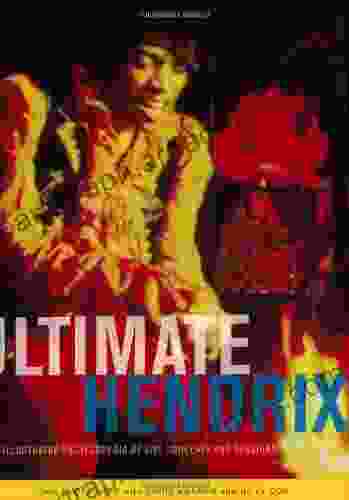
 Julio Cortázar
Julio CortázarAn Illustrated Encyclopedia Of Live Concerts And...
Immerse yourself in the...
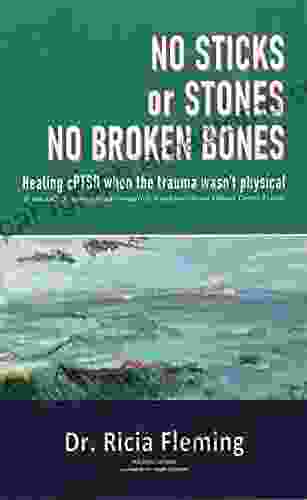
 Edgar Cox
Edgar CoxNon Physically Assaultive Attachment Based Chronic Covert...
What is Covert...
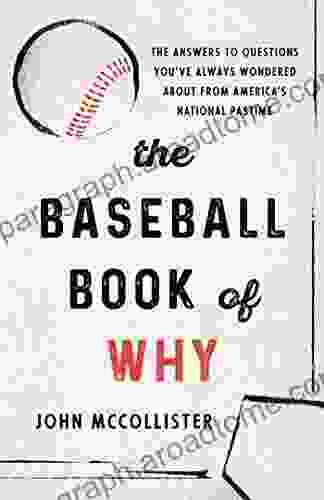
 Robert Reed
Robert ReedThe Baseball of Why: Unraveling the Intricacies of...
Step up to the plate and...
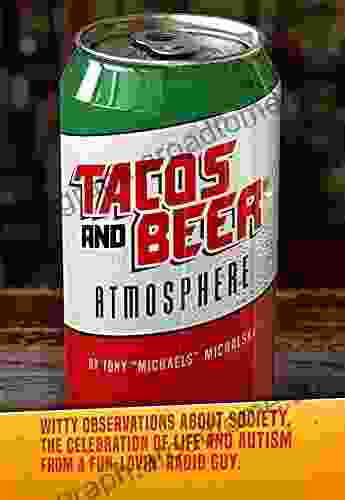
 Aldous Huxley
Aldous HuxleyTacos and Beer: An Atmosphere of Flavorful Delights
In the realm of culinary adventures,...

 Stan Ward
Stan WardUnlock the Secrets of the Aramaic Jesus: Revelations of a...
Journey Back to the Roots of...
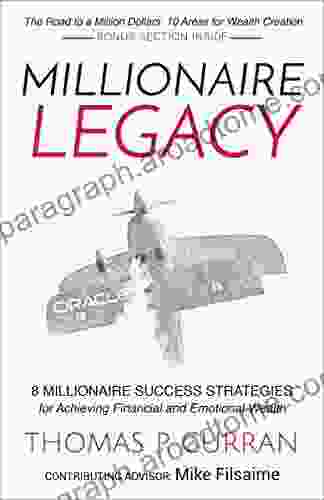
 Vincent Mitchell
Vincent MitchellMillionaire Success Strategies: Your Blueprint for...
Unlock the...
4.1 out of 5
| Language | : | English |
| File size | : | 6977 KB |
| Text-to-Speech | : | Enabled |
| Screen Reader | : | Supported |
| Enhanced typesetting | : | Enabled |
| Word Wise | : | Enabled |
| Print length | : | 624 pages |


